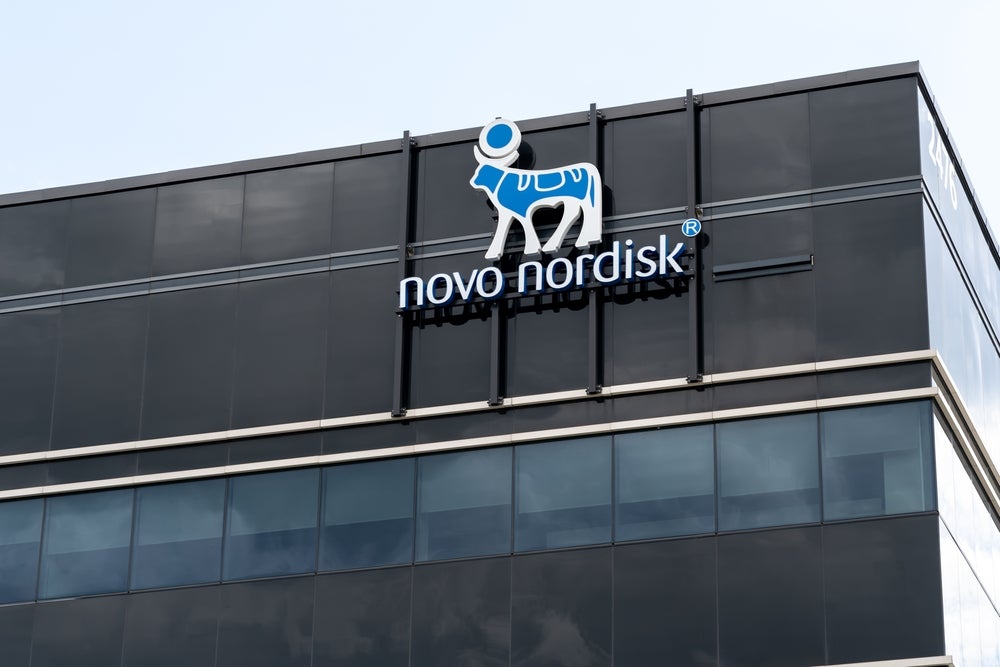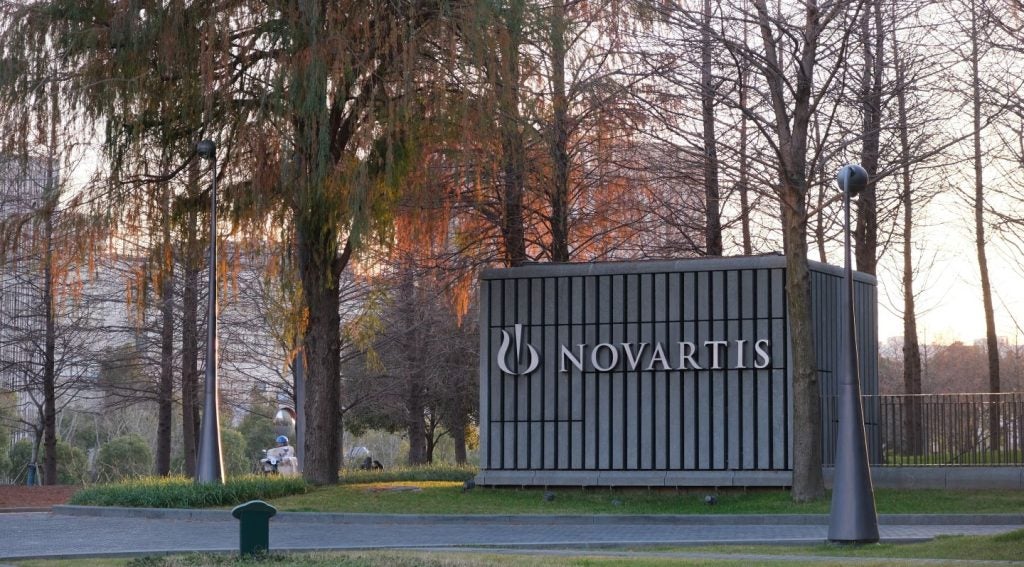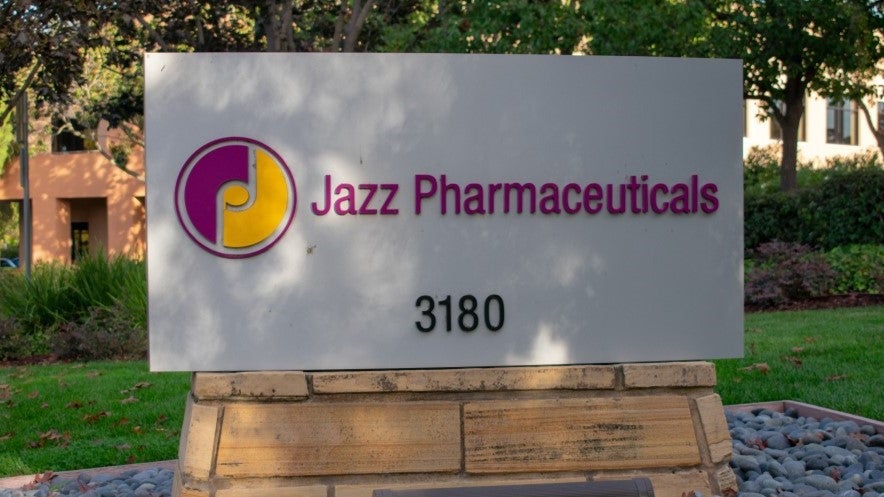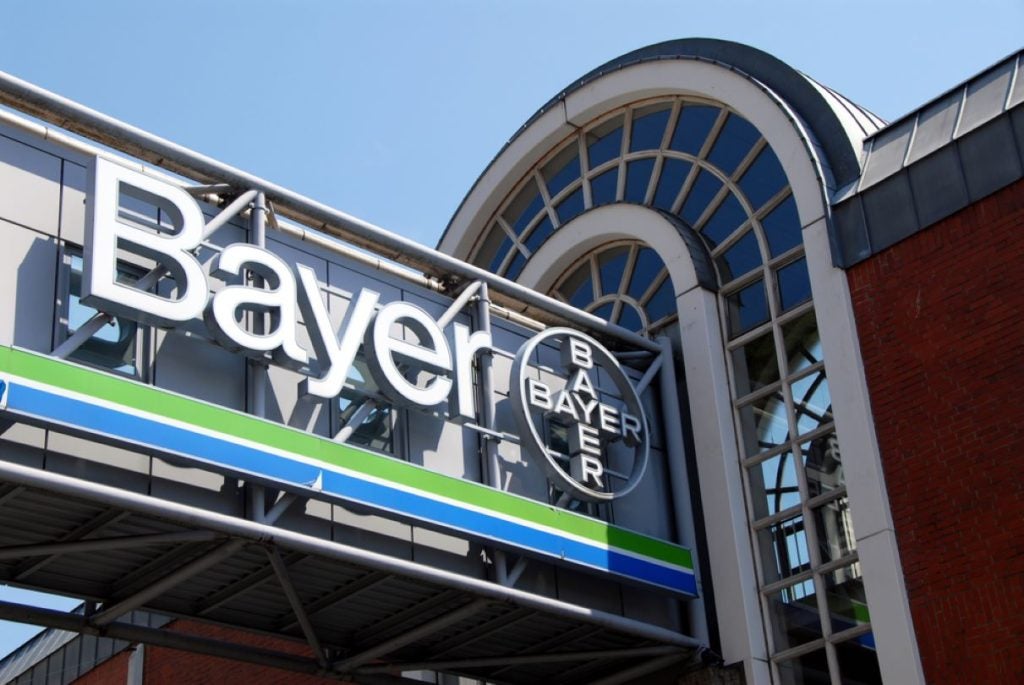Novo Nordisk announced plans to expand one of its production facilities in Chartres, France, as it scales up its serious chronic disease product portfolio.
Under the Dkr16bn ($2.29bn) investment, Novo Nordisk is increasing the capacity of the manufacturing site by extending the current quality control laboratory, adding aseptic production, and finishing production processes.
The company predicts that this will bring over 500 new jobs once construction is completed. According to the press release, the investment includes additional capacity for GLP-1 products such as Novo’s Ozempic (semaglutide).
Novo Nordisk first launched the GLP-1 therapy Semaglutide, in the US in December 2017, under the brand name Ozempic. The drug has since been approved in the US, Canada, EU, Japan, and Australia as a treatment for T2D. Novo Nordisk later launched the therapy under the name Wegovy for the treatment of weight loss, together with diet and physical activity.
Novo Nordisk is a market leader in the field of weight loss management. The company’s weight loss drugs, Wegovy and Saxenda (liraglutide), generated Dkr30.4bn in combined global sales in the first nine months of 2023, as per Novo Nordisk’s Q3 financial report.
Weight loss therapies caught attention again this month after the US Food and Drug Administration’s (FDA) approval of Eli Lilly’s Zepbound (tirzepatide). According to GlobalData’s Pharma Intelligence Center, Zepbound is forecast to generate $27.3bn in global sales by 2029.
GlobalData is the parent company of Pharmaceutical Technology.
This expansion news comes after it was reported last year that Wegovy was facing supply challenges, after the syringe-filling contract manufacturer Catalent, halted deliveries. Catalent received a penalty from the FDA following the inspection of its Belgian filling plant in October 2021.
In the announcement accompanying the expansion, executive vice-president of product supply, quality and IT at Novo Nordisk Henrik Wulff said: “The new facilities will more than double the footprint of the site. The facility will be designed as a multi-product facility to accommodate current and future processes and display state-of-the-art technology and working environment. As a future-proof and cost-effective facility, the construction will focus on delivering the highest quality to patients globally in an efficient and environmentally sustainable way.”
The construction product aims to be completed by 2028.
















